At a glance
- Saudi Arabia has significantly reduced salary premiums for expatriate workers as part of cost-control measures in major projects.
- Premiums of 40% or more, common in recent years, have dropped to an average of 5–8% above UAE…

Xinhua News Agency: Recently, a senior official in charge of security and defense at the Japanese Prime Minister’s Office told reporters that Japan should have nuclear weapons. Japanese Defense Minister later said that they left open the…


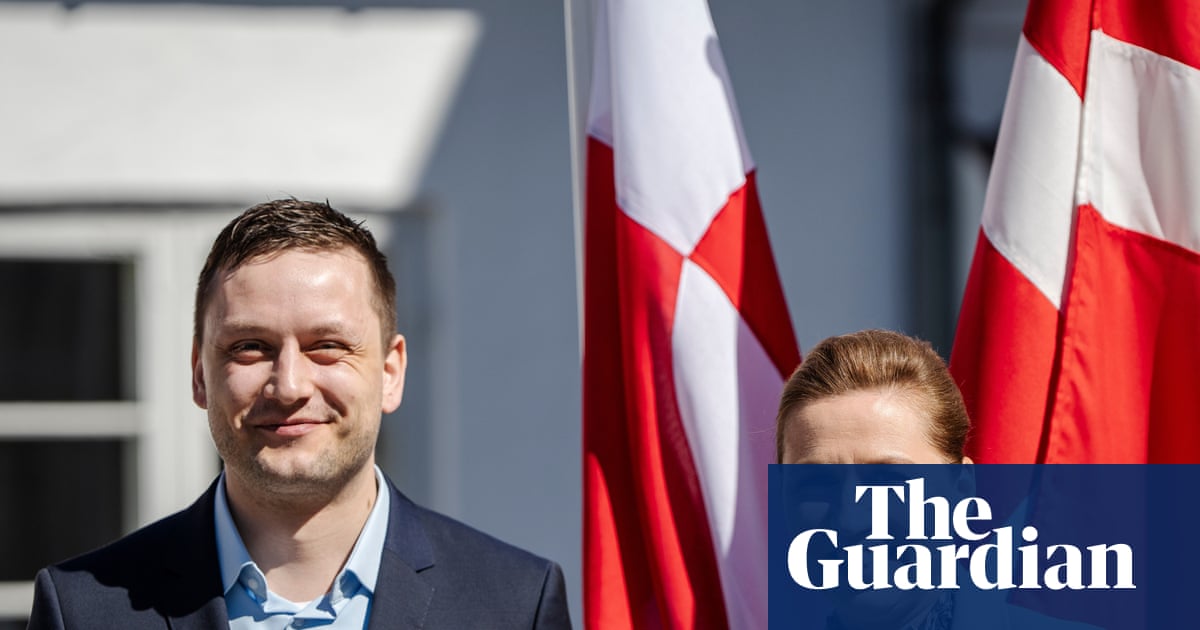
The prime ministers of Denmark and Greenland have demanded respect for their borders after Donald Trump appointed a special envoy to the largely self-governing Danish territory, which he has said repeatedly should be under US control.
“We have…
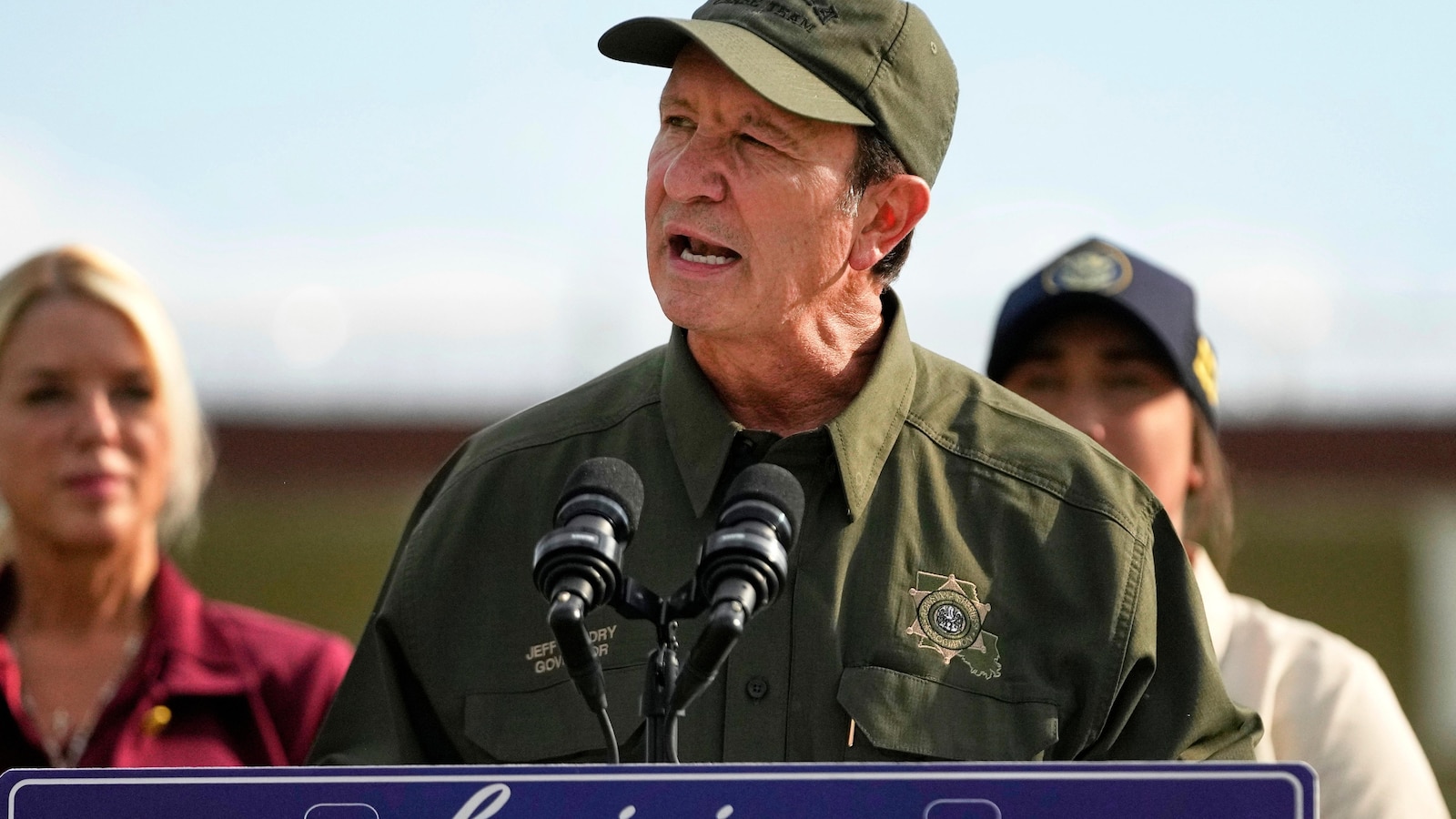
WEST PALM BEACH, Fla. — WEST PALM BEACH, Fla. (AP) — President Donald Trump on Sunday announced he is appointing Louisiana Gov. Jeff Landry to serve as the U.S. special envoy to Greenland, the vast, semi-autonomous territory of…
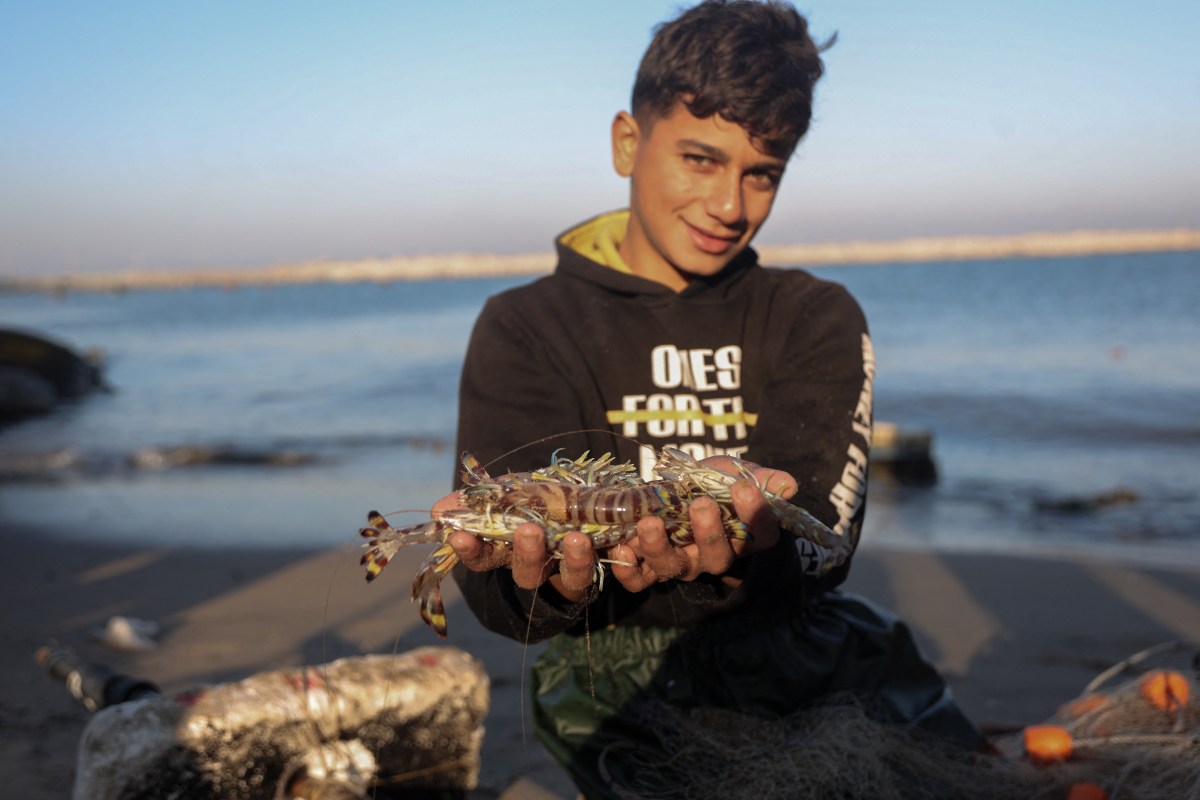
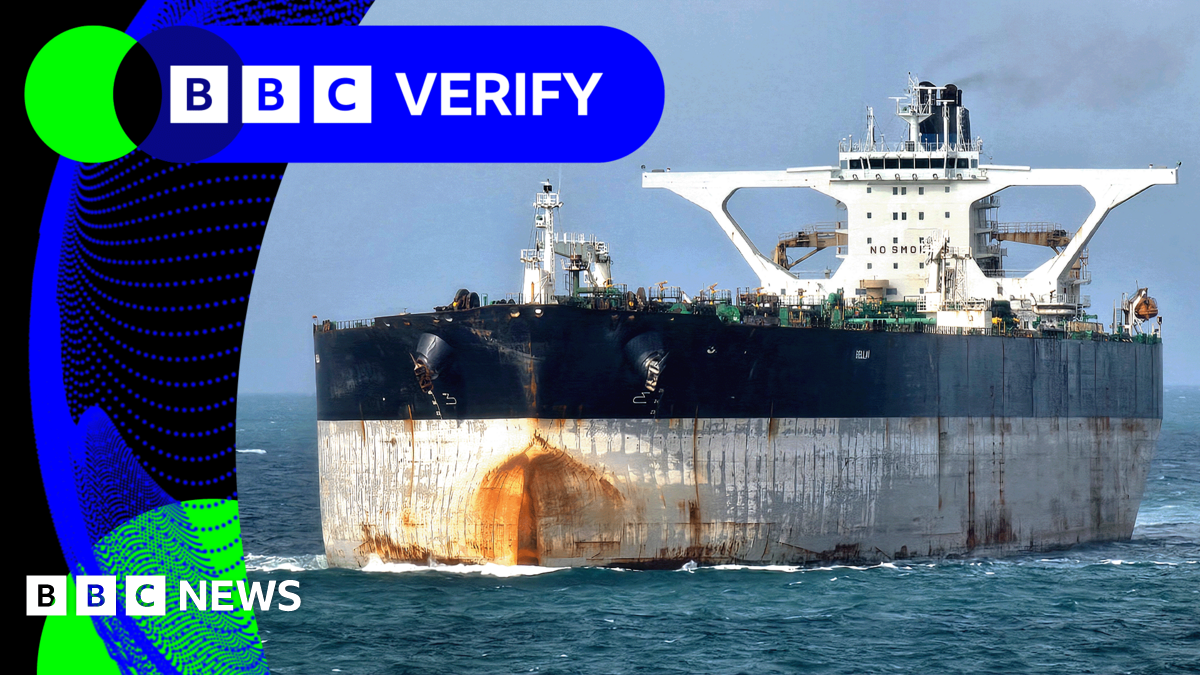
Joshua Cheetham
BBC Verify journalist
The US has not named the vessel it is pursuing but it is reportedly…

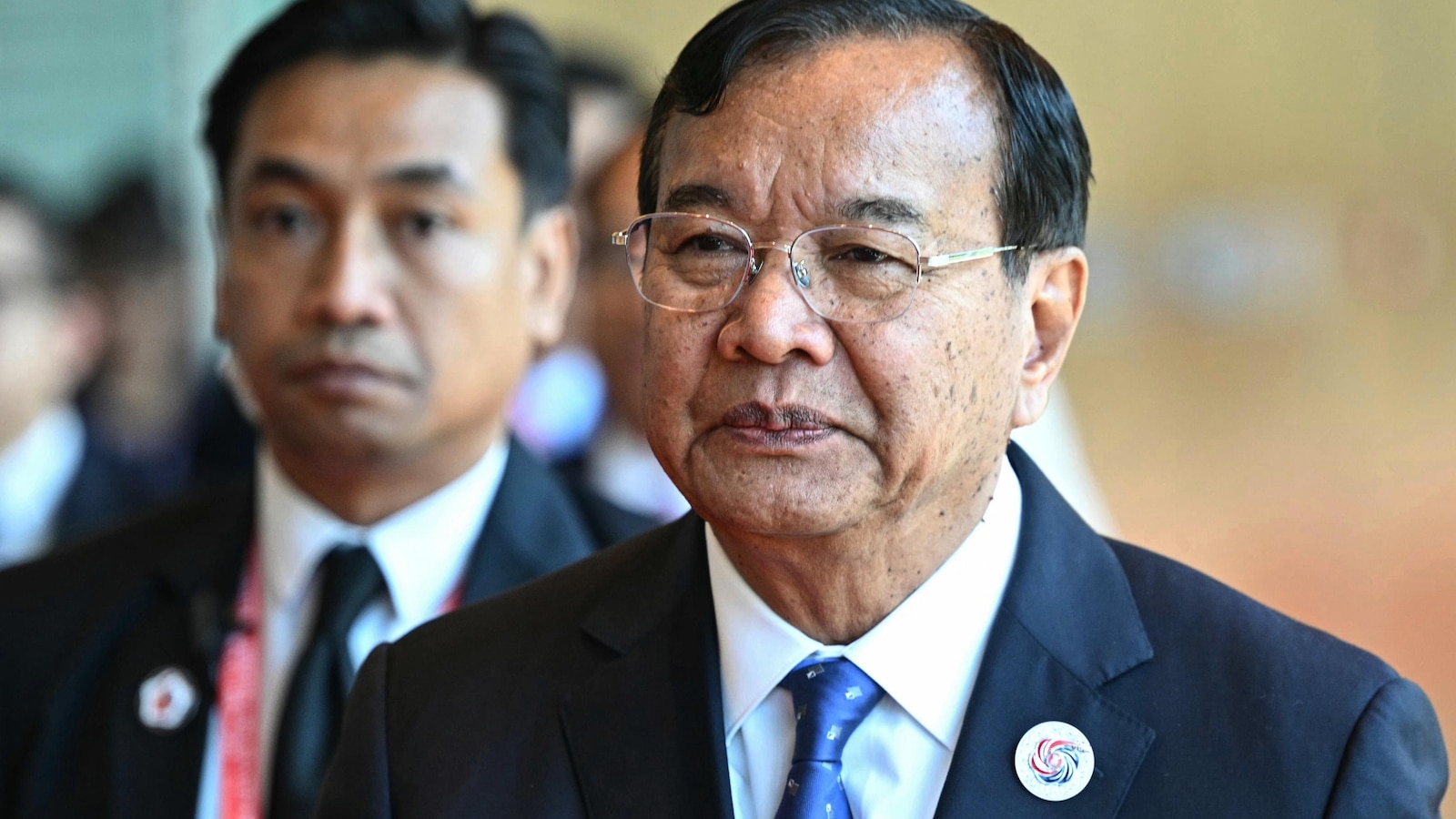
KUALA LUMPUR, Malaysia — Thailand and Cambodia will resume talks later this week to work toward a more durable ceasefire along their border, Thailand’s foreign minister said Monday, stressing that progress depends on detailed bilateral…